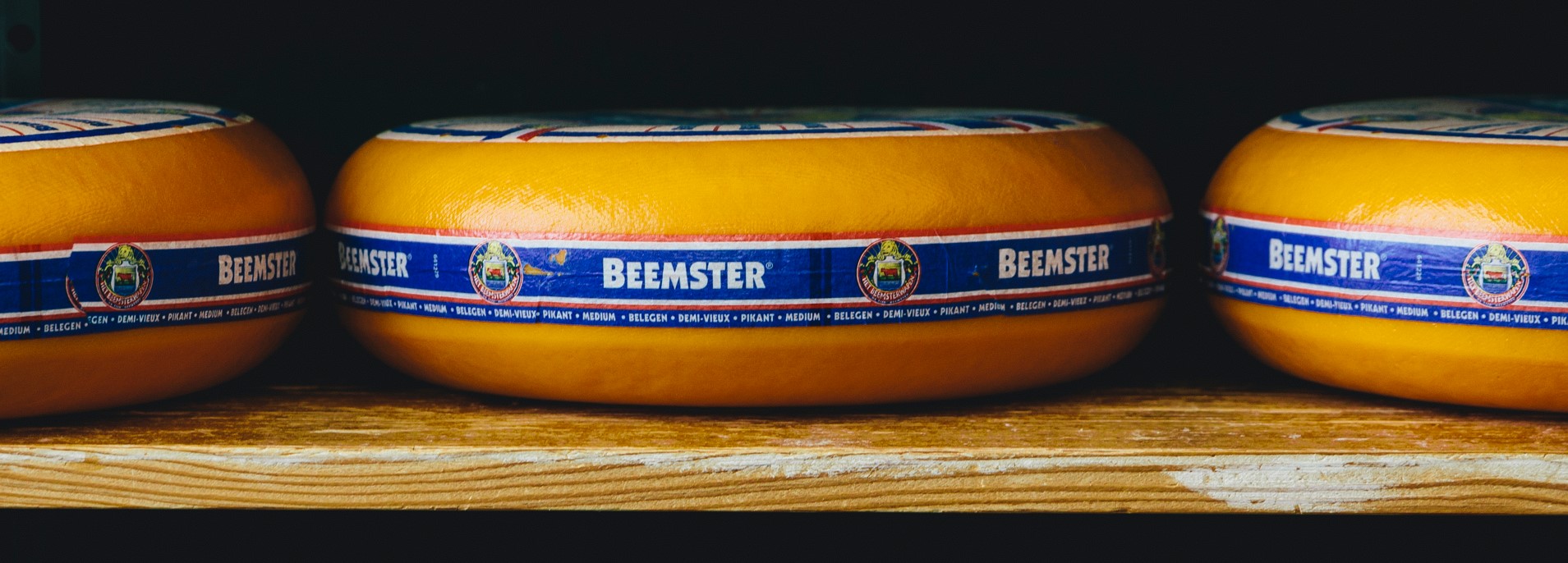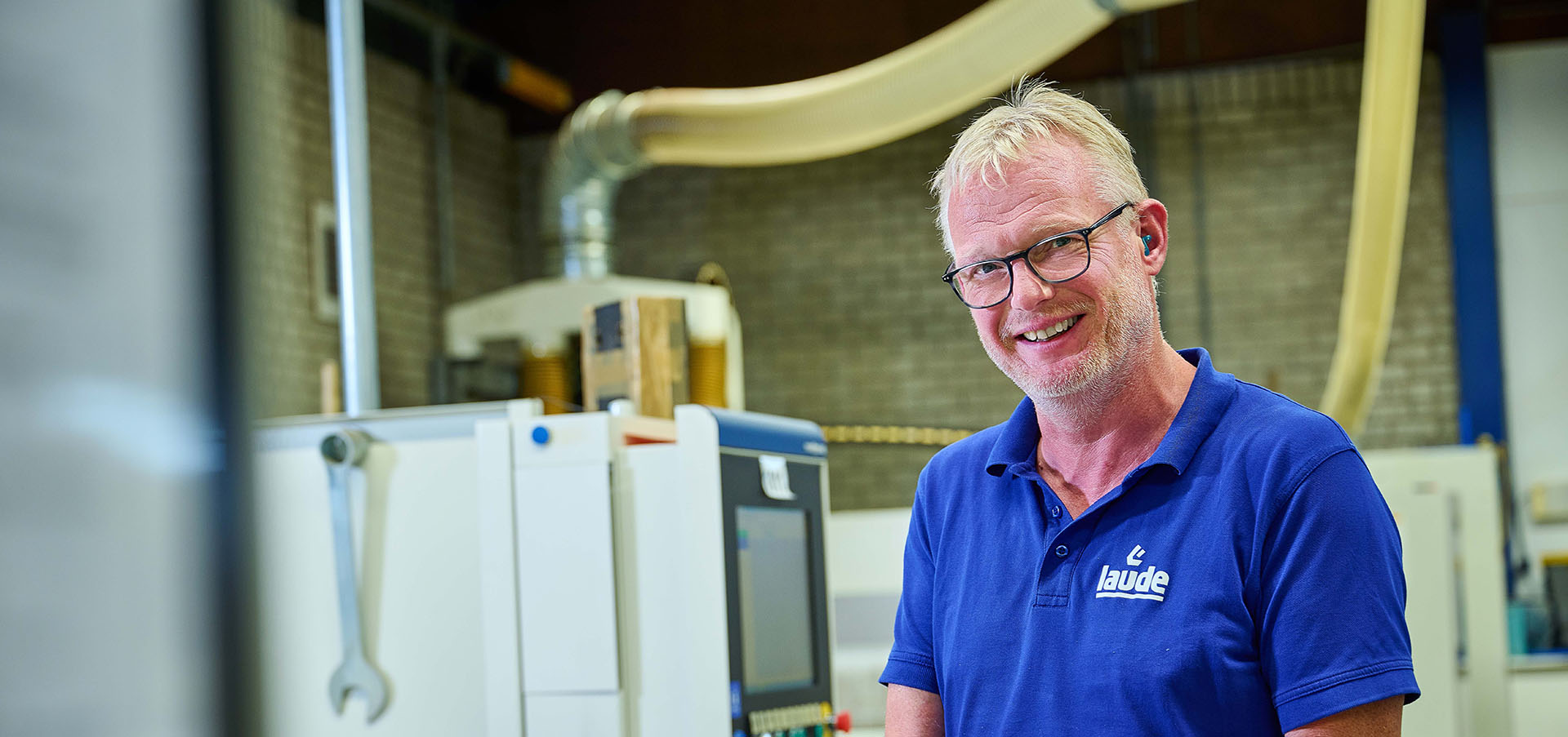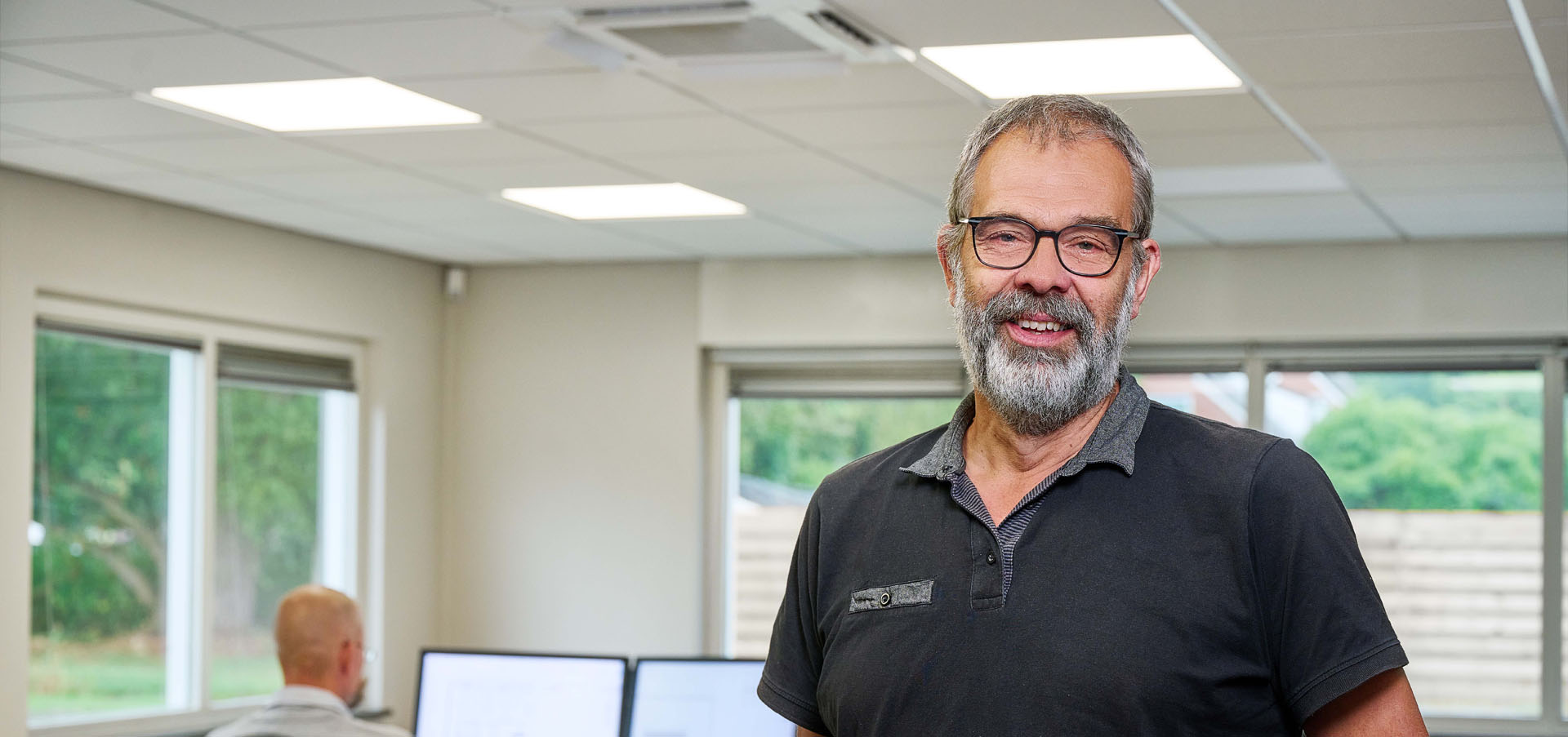Cheese making amongst the cows in The Beemster
The Beemster. Perhaps one of the most important Dutch regions when it comes to the production of cheese. Cheese dairy ‘De Tijd’, owned by CONO Kaasmakers, is located in the middle of this beautiful polder. Tijs Roeland talks about this unique co-operative, how they are working towards a better climate and their commitment to a sustainable future throughout the cheese chain.
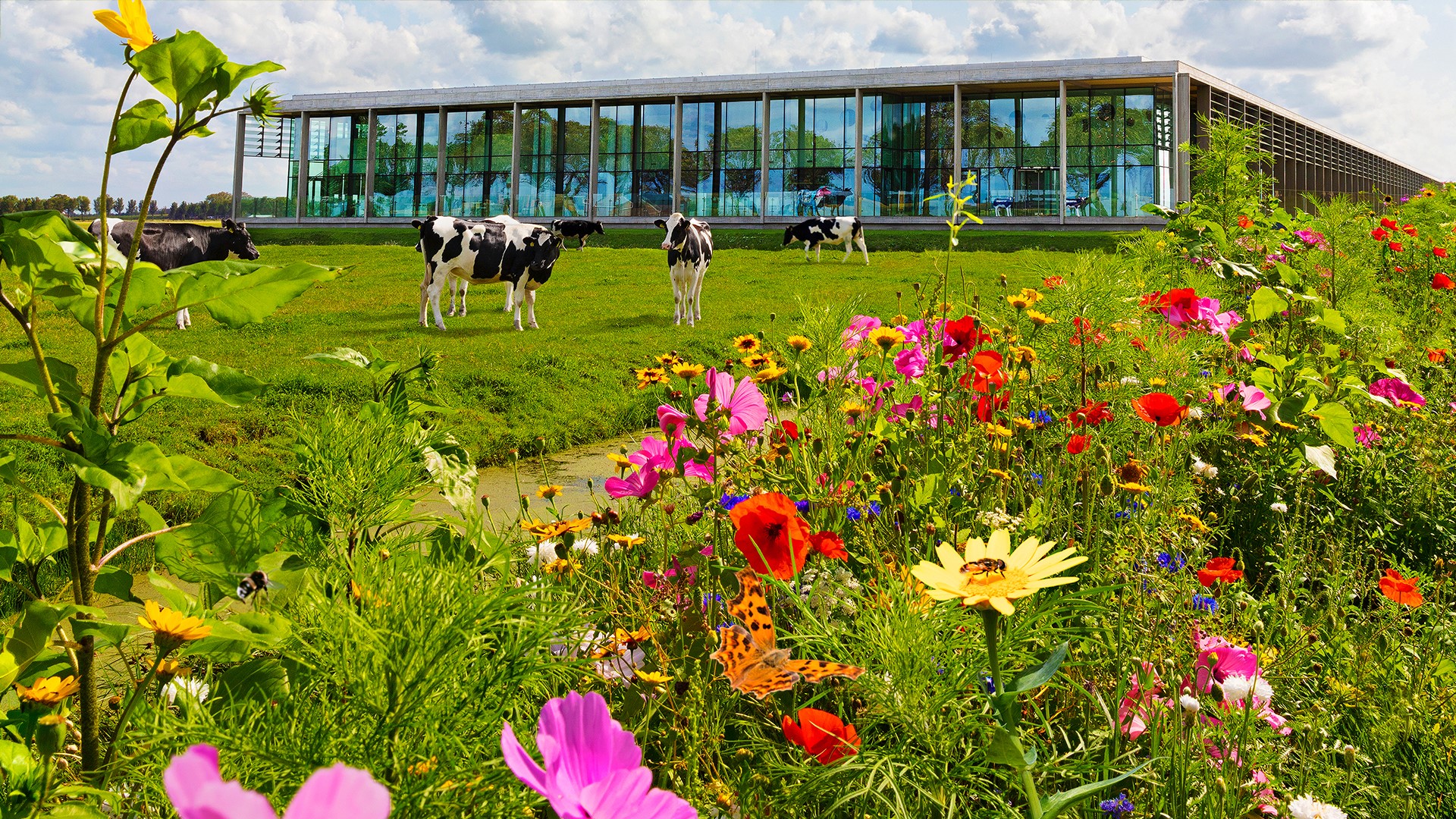
Balanced priorities
Tijs Roeland is Manager Technology & Projects at CONO Kaasmakers. He is responsible for the co-operative’s Technical Services, Industrial Automation, and their Investment Agenda. “My daily duties revolve around the maintenance of our machines; ensuring that they all stay operational. That continues unchanged, year after year. I am also a member of our sustainability team, ‘Rijperweg 20’, named after our dairy’s address.”
CONO Kaasmakers has a clear order of priorities for their cheese production. “Safety is paramount and most important”, says Tijs. “Quality is next. We can’t compromise on that. Then comes sustainability and efficiency.” At CONO they take the time and effort required to ensure that these priorities are met. “Technical checks and inspections of parts that wear out quickly, are mostly scheduled on days with a lower production capacity. In that way, our Technical Service has more time to do their work properly, and it causes less disruption during the process.”
From milk to cheese and ice cream
CONO Kaasmakers cares about sustainability and focuses on valuing milk in the best possible and fairest way. A co-operative with its own cheese processing plant and 425 members, who are mainly located throughout North Holland. These members supply an average of 1.2 million litres of milk daily, which is used to produce cheese and other dairy products. ‘De Tijd’, their cheese processing plant, produces over 40 different brands of cheese. The most well-known of these brands: Beemster cheese.
“About 70% of the milk that comes in here is used to make cheese. The whey that, a by-product of this process, gets turned into whey powder and whey concentrate.
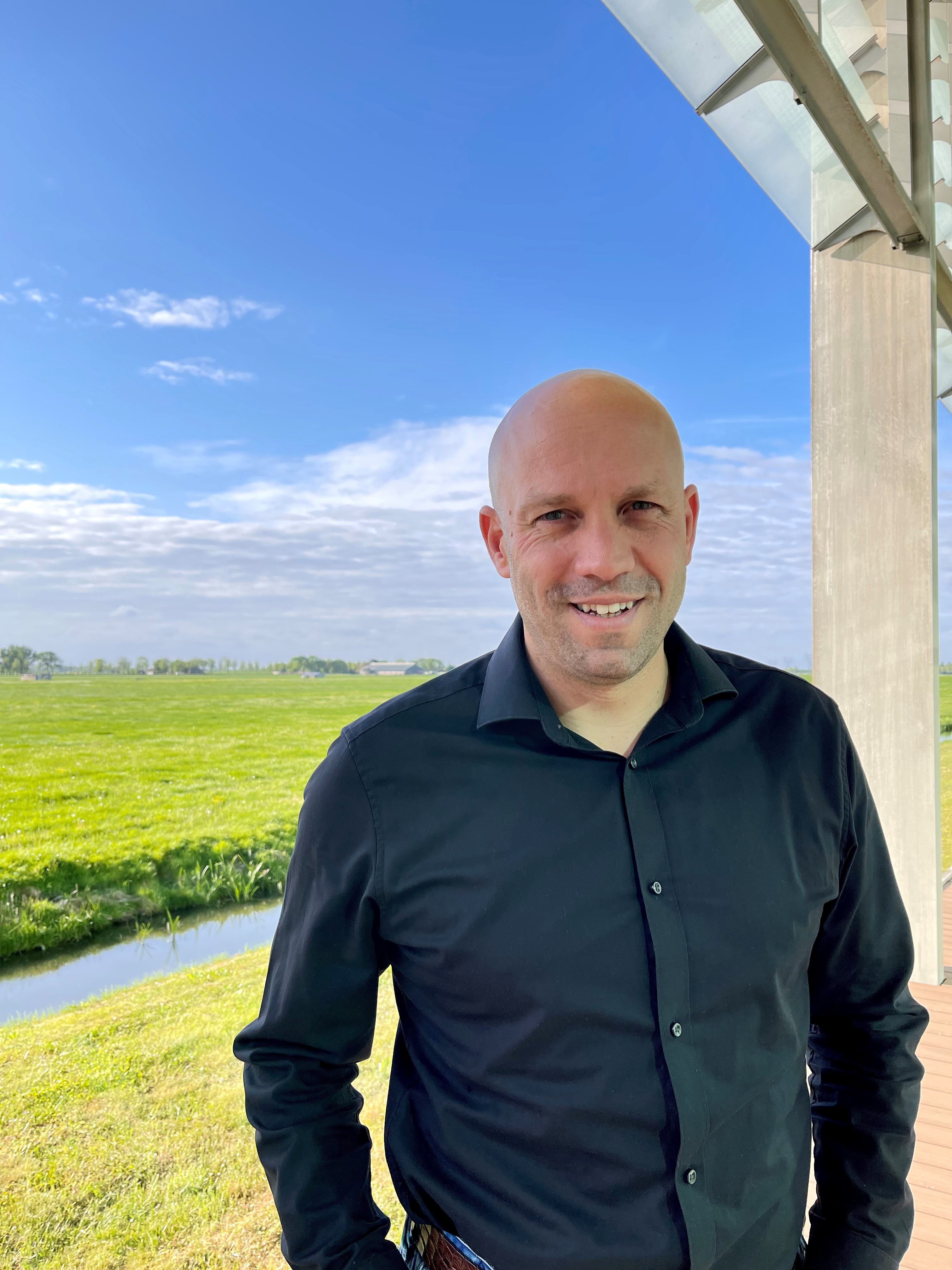
Tijs Roeland, Manager Technology & Projects at CONO Kaasmakers
A part of the remaining 30% of the milk is used to make powdered and condensed milk”, says Tijs. These powders can subsequently be used as ingredients to produce chocolate or high-quality animal feed. The cream skimmed from the milk during the cheese-making process ends up at Ben & Jerry’s for making ice cream.
Sustainable co-operative
CONO is constantly looking for the best ways to serve their members. The co-operative is committed to sustainable, responsible dairy processing. As Tijs says, “We try to base our projects around sustainability as much as possible. We want to stop relying on gas and are working to set up climate-positive production facilities.” Sustainability is in their DNA, as they put it themselves. That goes beyond the cheese-making operations. “Our members are also interested in preparing their farms for the future. They want their businesses to remain viable so that the next generation can continue farming.”
“It is our co-operative’s responsibility to turn the milk, supplied to us by our members, into the best possible products. The more successful we are at this, the more value we add to the milk. That translates into a fair price for the milk, benefitting our members.” This encourages the dairy farmers to take good care of their animals and invest in the sustainability of their businesses.
Climate positive
In addition to the sustainable processing of milk, CONO Kaasmakers strives for climate neutrality. To achieve this, several steps are being taken. Their ambition: “We want the entire cheese production chain to be climate neutral by 2030. ‘From the cows’ mouths to store shelves’ as we say at CONO. Our members are invited to participate in our Caring Dairy sustainability program.”
Caring Dairy focuses on continuous improvement in four areas: happy cows, more grass & biodiversity, a better climate & environment, and social engagement. Several sustainability indicators have been drawn up for this program. The dairy farmers draw up an annual improvement plan and if they achieve an above-average score on the indicators, they receive an additional fee as a reward. That’s on top of the usual price they receive for their milk.
Our efforts towards climate neutrality include our approach to transport. Various measures are being implemented in this area as well. For example, CONO managed to reduce the number of lorries required to transport of cheese by 60%. That’s because they switched from the use of plastic crates to cardboard boxes that don’t have to be returned. In 2023 they also implemented another major change. “We collect the milk from the farms using special milk tankers. This year, we added our first fully electric milk tanker,” says Tijs.
.jpg)
More than just making cheese
The co-operative strives for more than just sustainability and corporate social responsibility. They also want to make products of superior quality. To ensure this quality, they are working on long-lasting relationships with their suppliers. “One of these long-lasting relationships is with Laude. Their cheese moulds are of high quality, and we can be honest to each other. When you have a good relationship like that, it’s also easier to fix things if something is wrong.”
CONO works with passion and care for humans, animals, and the environment. They are involved in various initiatives to help them achieve their goals and are proud to produce quality cheese. With their commitment to sustainability and innovative approach, they are working towards a better future for the next generation. Justifiably, CONO Kaasmakers can be considered much more than just a cheesemaker.
Visit CONO Kaasmakers online: www.cono.nl
Back to list
